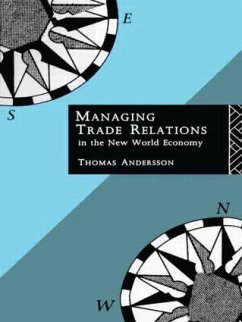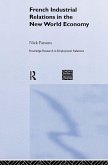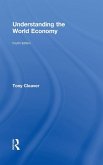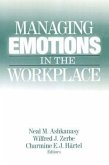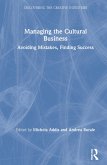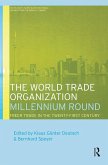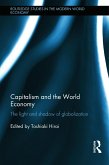Managing Trade Relations in the New World Economy analyses the implications of the new world economy for global trade. Thomas Andersson explores how manufactured exports have increased exponentially while the western economies have accrued massive current account deficits. Warning against the dangers of protectionism, he argues that the future of the world trading system, may depend upon the external policies of the EC.
Hinweis: Dieser Artikel kann nur an eine deutsche Lieferadresse ausgeliefert werden.
Hinweis: Dieser Artikel kann nur an eine deutsche Lieferadresse ausgeliefert werden.

